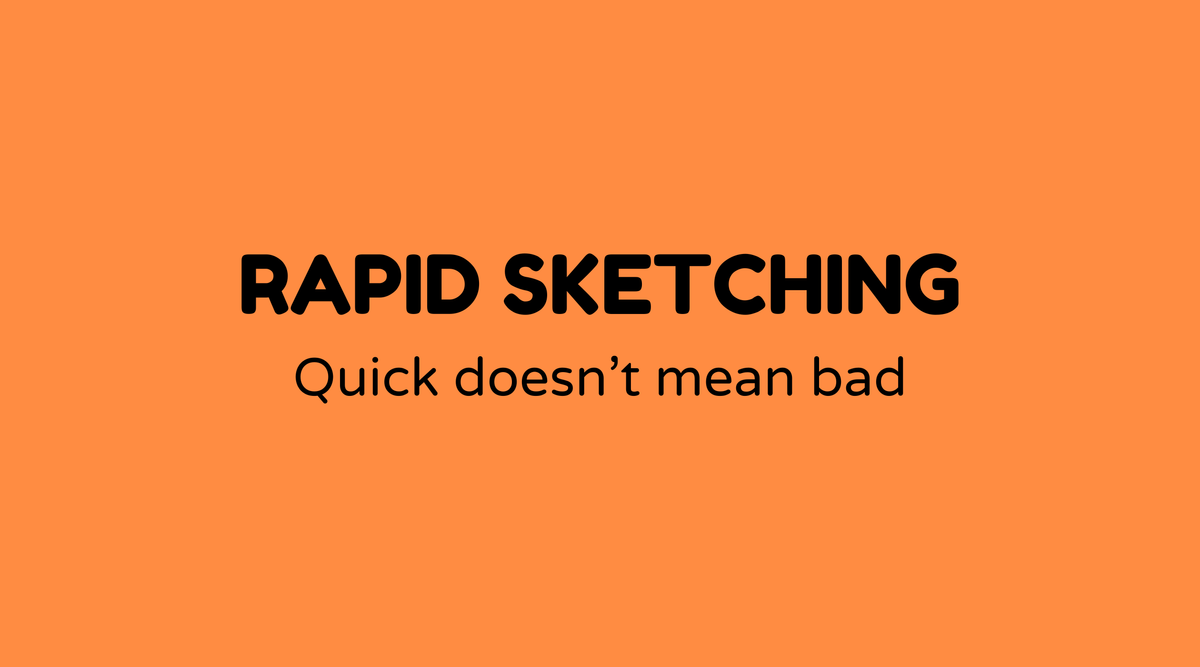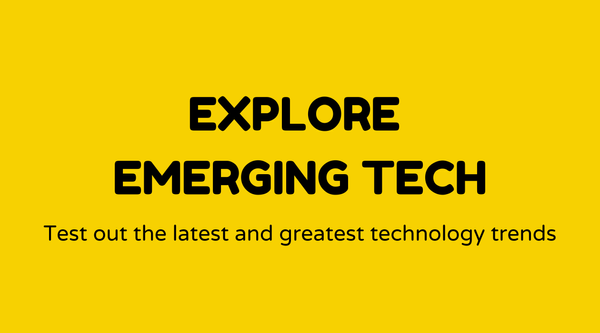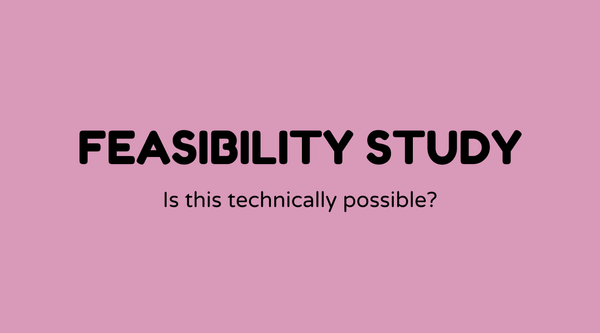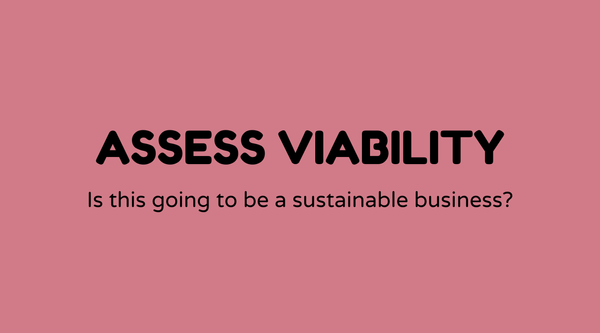Rapid Sketching

Overview of Sketching Workshop
Sketching rapidly is a valuable practice for designers, artists, and creative thinkers. It allows for quick visualization and idea generation, promoting innovation and problem-solving. A Sketching Workshop is structured to improve these skills through practical experiences, techniques, and insights into the art of fast drawing.
Why Sketching Workshop is Beneficial
Why is this important, you may wonder? In today’s fast-moving environment, both speed and creativity are essential. The capacity to communicate ideas quickly and visually can distinguish you in fields such as product design, architecture, and marketing. Sketching workshops enhance manual dexterity and cultivate a sharp eye for detail. Participation in these workshops promotes collaboration and can ignite a passion for ongoing learning and skill development.
What is a Sketching Workshop?
In simple terms, a Sketching Workshop is an organized session that focuses on quick drawing methods. It aims to refine attendees' abilities to swiftly capture ideas or concepts on paper. These workshops often incorporate a series of exercises that develop rapid ideation, visualization skills, and minimalist drawing approaches. Participants learn to highlight crucial elements of their sketches without getting distracted by superfluous details.
How to Conduct a Sketching Workshop?
You may be curious about how to facilitate one of these workshops. Ideally, such a workshop can be organized into several essential steps:
-
Introduction and Warm-Up: Start with a brief overview of the workshop's goals. Include warm-up activities to prepare hands and minds, such as drawing basic shapes or lines.
-
Learning Techniques: Instruct on methods such as contour drawing, gesture sketching, and thumbnail production, emphasizing speed and simplicity.
-
Hands-On Activities: Organize exercises where participants sketch timed scenes or objects. Introduce limits to stimulate creativity and agility.
-
Feedback and Iteration: Allow participants to present their work and provide constructive criticism. Encourage them to refine and enhance their sketches.
-
Wrap-Up and Reflection: End with insights and lessons learned from the session. Inspire participants to incorporate rapid sketching into their regular practices.
Sample Agenda of Sketching Workshop
Here’s a proposed agenda for a Sketching Workshop:
| Time | Activity |
|---|---|
| 10:00 - 10:10 AM | Welcome and Introduction |
| 10:10 - 10:30 AM | Warm-Up Exercises |
| 10:30 - 11:00 AM | Sketching Techniques Overview |
| 11:00 - 11:45 AM | Quick Sketching Exercise #1 |
| 11:45 - 12:00 PM | Break |
| 12:00 - 12:45 PM | Quick Sketching Exercise #2 |
| 12:45 - 1:15 PM | Feedback Session |
| 1:15 - 1:30 PM | Closing Remarks and Reflection |
Examples of Sketching Workshop
Various industries, including automotive design and animation, incorporate rapid sketching. For example, Pixar's storyboarding sessions often resemble sketching workshops, where artists brainstorm and rapidly sketch scenes to visualize narratives. In product design, firms like IDEO encourage their teams to engage in similar workshops to generate innovative design ideas.
FAQs
- Where can I attend a Sketching Workshop?
Numerous universities and art schools offer these workshops, both in-person and online. Websites such as Coursera and Udemy might have related courses available as well.
- How long does a typical workshop last?
They generally last a few hours, though some may extend over multiple days, depending on the skill level being addressed.
- Do I need previous sketching experience?
No prior experience is required. These workshops cater to all skill levels, from beginners to experienced artists.
- What materials do I need for the workshop?
Typically, a sketchpad, pencils, and erasers suffice. Occasionally, workshops may suggest particular tools.
- Can children join Sketching Workshops?
Many workshops are designed for various age groups, including children. Check age recommendations before enrolling.
- What are the benefits of rapid sketching?
Beyond improved drawing skills, rapid sketching enhances observation skills, creativity, and cognitive agility.



